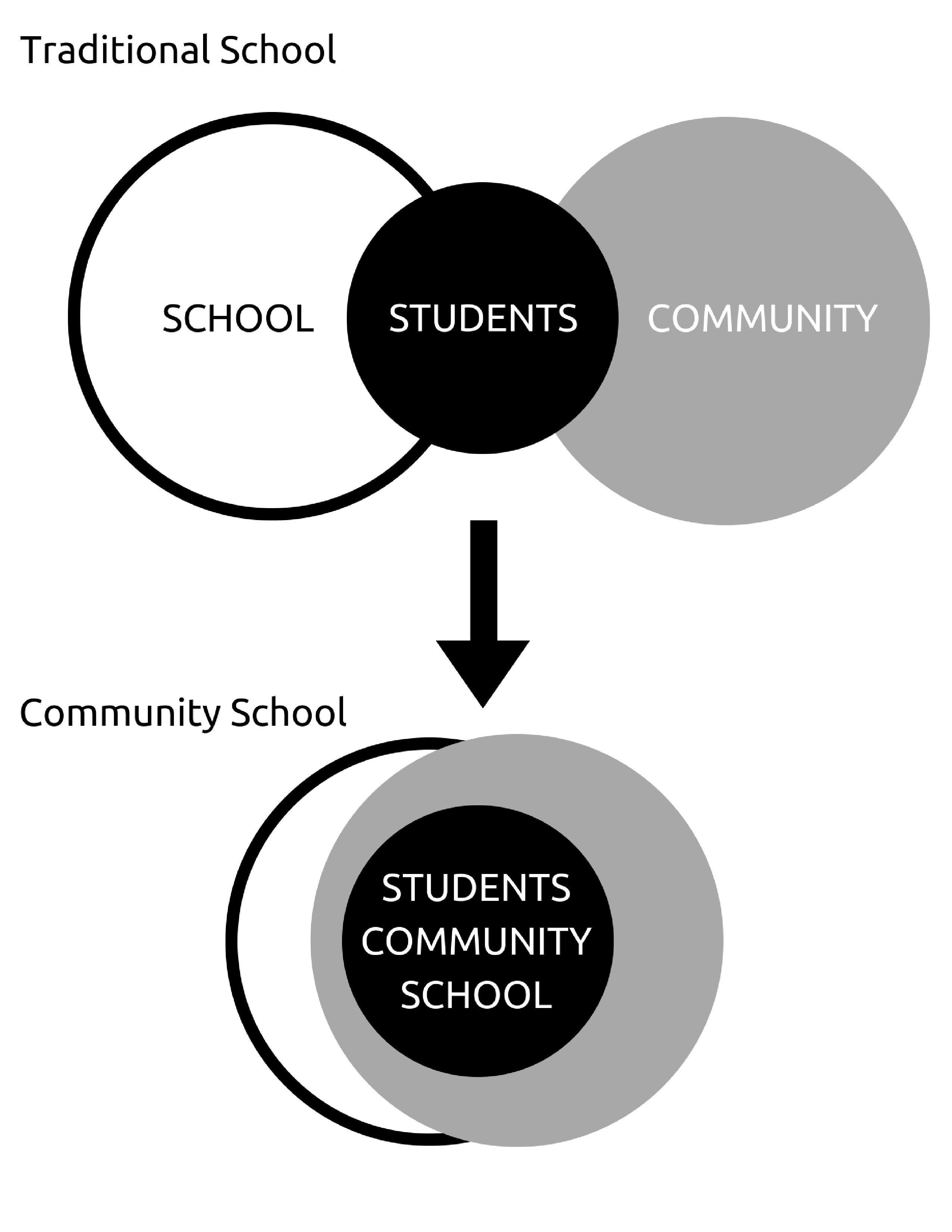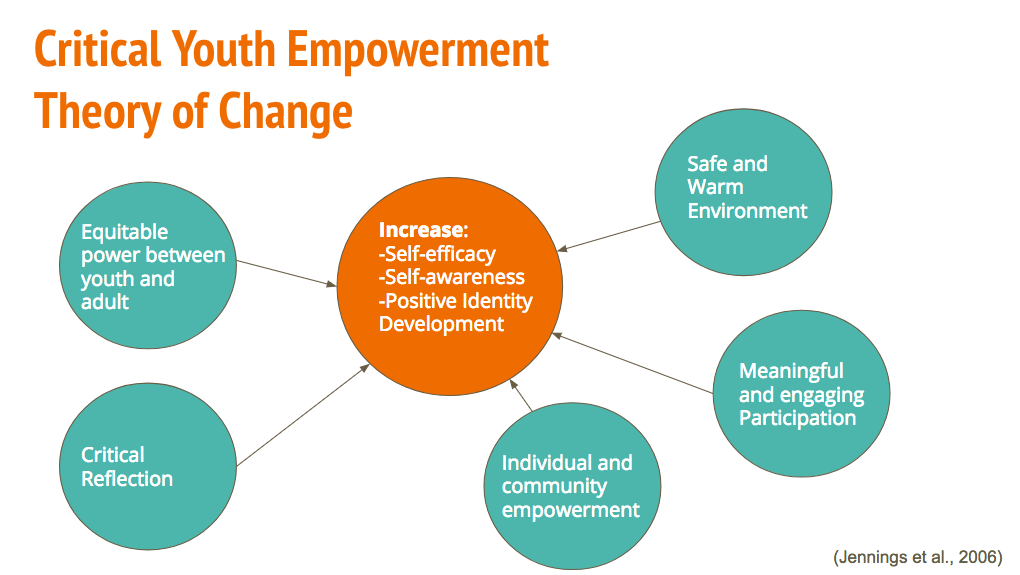Home » Final Projects and Theses » 2017 Theses
2017 Theses
Posted by Anna Warren on Friday, August 25, 2017 in Final Projects and Theses, Theses.
Of the 2017 CDA graduates, four completed theses for their final assessments. These intensive, independent research projects covered a wide range of scholarly interests that intend to contribute to the field of community development. This year’s completed master’s theses are described below.
Shea Davis, M.Ed. 2017
Towards Equity in Communities: Barriers for Coalitions in Addressing Health Disparities
Coalitions are a popular community-based approach to implementing substance abuse prevention interventions. As part of her thesis, Shea conducted 21 semi-structured interviews with coalition staff members in Tennessee. Results showed that most coalition staff need help understanding what health disparities are, how to assess and engage their communities, and how to address the health disparities they face. Through her work, Shea described the challenges faced by substance abuse coalitions, such as their limited perspective for addressing systemic injustice, the ways that they maintain power structures that must be removed to address health disparities, and the limited interventions to which coalitions have access.

Joseph Gutierrez, M.Ed. 2017
A Network Perspective on the Community-School Model
A growing number of schools are choosing to adopt the community-school  model in order to bring together community resources to address the needs of children and their families. In order to contribute a greater knowledge of the mechanisms through which these schools work, Joseph studied two community schools in Nashville through a mixed-methods approach. He conducted qualitative interviews with the community-school facilitator at each school, followed by a social network analysis with the school staff. This analysis involved a questionnaire that asked staff to identify who they would go to in the school in different situations. Examination of two full-service community-schools found that community-school facilitators are central figures in their networks in terms of student support services, but overlap in roles with other actors in the network and are almost completely absent in other areas such as student academics.
model in order to bring together community resources to address the needs of children and their families. In order to contribute a greater knowledge of the mechanisms through which these schools work, Joseph studied two community schools in Nashville through a mixed-methods approach. He conducted qualitative interviews with the community-school facilitator at each school, followed by a social network analysis with the school staff. This analysis involved a questionnaire that asked staff to identify who they would go to in the school in different situations. Examination of two full-service community-schools found that community-school facilitators are central figures in their networks in terms of student support services, but overlap in roles with other actors in the network and are almost completely absent in other areas such as student academics.
Chelsea McQueen, M.Ed. 2017
“If you dwell on it, it’ll crack you”: Middle-aged and Older African American Men’s Perceptions of Stress and Coping Strategies
African American men have higher rates of premature mortality from chronic diseases than men from other ethnic groups, which may be due to stressful life experiences. Despite this research, how African American men understand, experience, and make sense of life stressors remains under analyzed, particularly through an intersectional lens. In order to fill this gap in knowledge, Chelsea used insights from ten focus groups in two Southeastern cities—Nashville, Tennessee and Jackson, Mississippi—to examine stress appraisal patterns in middle-aged and older African  American men. Using a phenomenological analytic approach, Chelsea found that participants’ race, age, and gender shape how they perceive and respond to stress and that these perceptions may influence both coping mechanisms and overall health outcomes. Ultimately, her thesis contributes to the field by assessing the way that African American men understand chronic stress, which may help public health advocates mitigate health disparities in this population.
American men. Using a phenomenological analytic approach, Chelsea found that participants’ race, age, and gender shape how they perceive and respond to stress and that these perceptions may influence both coping mechanisms and overall health outcomes. Ultimately, her thesis contributes to the field by assessing the way that African American men understand chronic stress, which may help public health advocates mitigate health disparities in this population.
Kelly Smith, M.Ed. 2017
“Creating Epic Girls”: A Positive Youth Development Program Evaluation for At-Risk Adolescent Females
To address the growing number of youth forced into sex trafficking each year in the United States, Kelly conducted a formative evaluation on the pilot prevention program, Identity, which was created by the organization Epic Girl. The program, developed for adolescent females at risk of sex trafficking, exploitation, or abuse, is based on the theoretical foundations of Positive Youth Development (PYD) and Critical Youth Empowerment Theory  (CYE). For her thesis, Kelly used a sample of 32 girls to determine baseline information about participants and to obtain information to improve the program and better target the population. Each of these participants completed a psychosocial assessment and retrospective pretest measuring perceived knowledge change. Through her data collection and analysis, Kelly’s program evaluation showed an increase in participant knowledge, provided baseline information on trauma and positive relationships, and offered future directions for programing development.
(CYE). For her thesis, Kelly used a sample of 32 girls to determine baseline information about participants and to obtain information to improve the program and better target the population. Each of these participants completed a psychosocial assessment and retrospective pretest measuring perceived knowledge change. Through her data collection and analysis, Kelly’s program evaluation showed an increase in participant knowledge, provided baseline information on trauma and positive relationships, and offered future directions for programing development.
Tags: Theses
Connect with Vanderbilt
©2024 Vanderbilt University ·
Site Development: University Web Communications